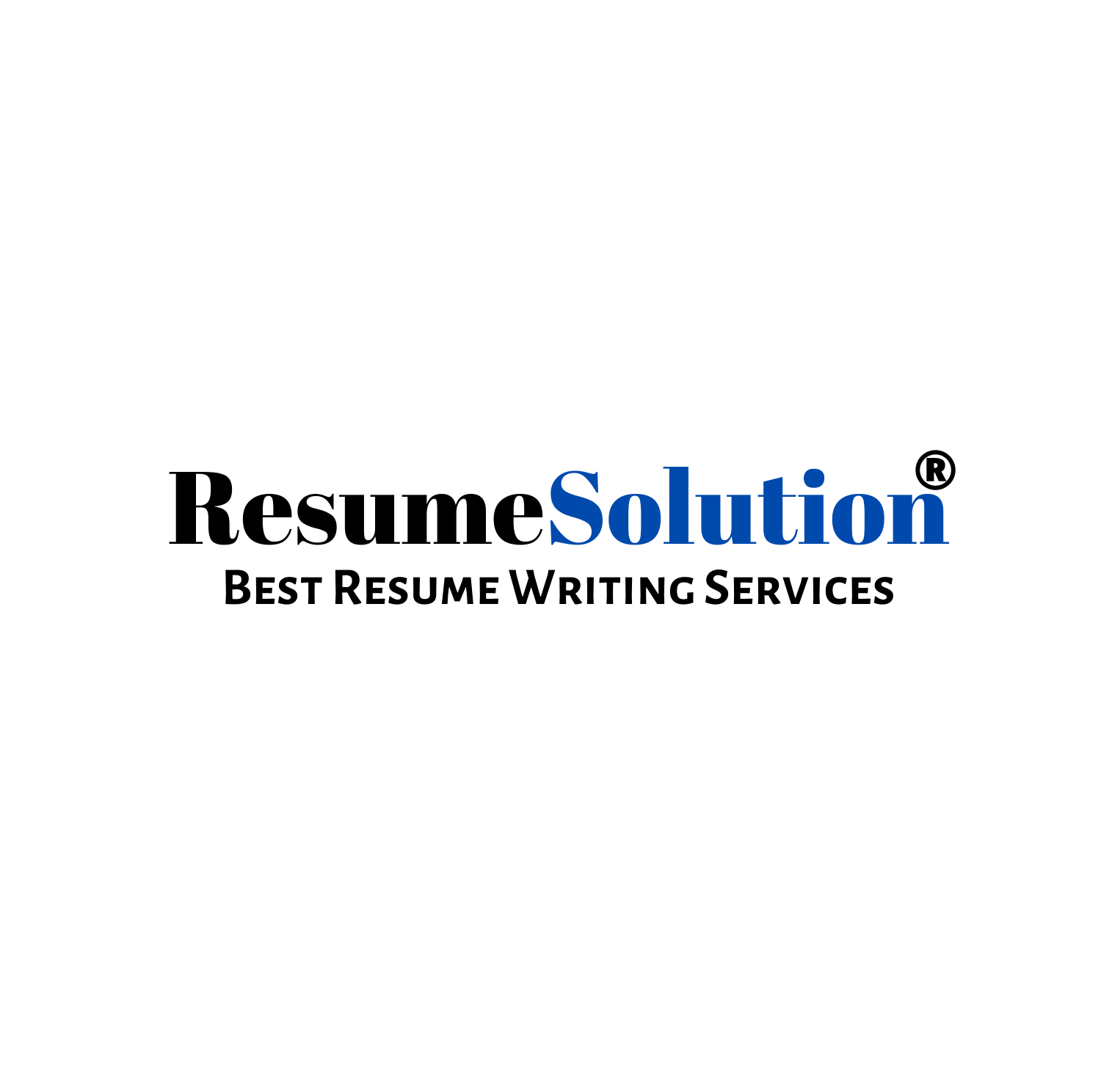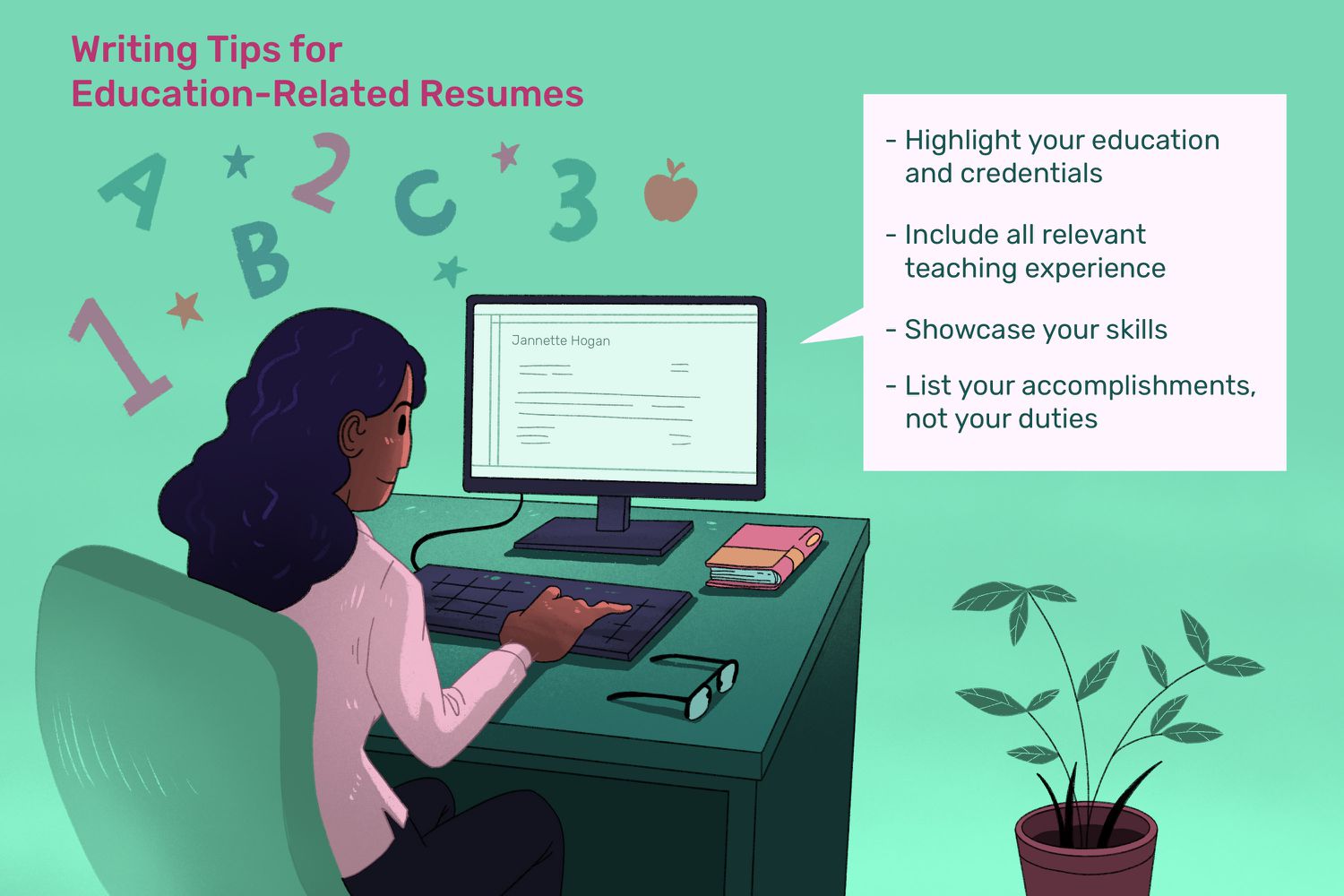Should You Include Social Media on Your Resume?
The final decision on whether or not to include your social media accounts on your resume and, if you do, where to begin, comes after many other factors to take into account.
Social Media on your resume
To separate themselves from the competition, job hopefuls must use fresh, creative approaches. Every day, recruiters review dozens of “the same” resumes, so attract their attention! By adding links to your social media accounts as an improvement, you may transform your resume from a static document to a dynamic, interactive representation of who you are and what you’ve accomplished. It transforms you from a piece of paper into a real person.
This is a simple one: LinkedIn should always be included. You must have a LinkedIn page if you’re a professional or aspiring professional, and your CV must include a link to this social media site. LinkedIn shows that you’re smart, contemporary, and brand-aware. These days, marketing is used in almost every industry, so having knowledge of personal branding will provide you with an advantage. Nevertheless, there is a catch. Just having a LinkedIn profile is insufficient. That ought to be improved.
The next greatest marketing tool after LinkedIn that makes the most sense to list on a resume is Twitter. Because you can showcase a wide range of hobbies and qualities through your account, Twitter is an exceptional personal branding tool and a great profile to add to your job application. It may convey a narrative; you can express your sense of humor, your passions, and your values. Make sure your Twitter profile is public and functional if you include one. The same goes for your friends.
You can include certain social networks, but you should give it considerable thought. You should give the following networks serious consideration when it comes to your privacy and public perception. If you’re unsure, follow your instinct.
Facebook is first on this list. Facebook is only permissible if it directly relates to the job you’re looking for. You must carefully consider whether or not it has a direct link to the workplace because Facebook is arguably the most personal social network. That may be the case, for instance, if you’re seeking a job in social media marketing. Your profile doesn’t have to be the unedited, entirely personal form that your contacts see, though.
Facebook has several clever options that allow you to maintain a high level of privacy while giving the impression that your profile is public. Consider what information you share on Facebook and whether it would be useful for your job application after learning about and understanding the privacy settings.
Instagram is the second network included in our “maybe” section. Although it’s incredibly specialized, Instagram is a great social networking platform turned personal branding tool. Similar to Twitter, you may tell a tale on your account, but this one is more about what matters to you than it is about your point of view. Instagram Stories may engage you through the use of photographs and help you establish a strong, genuine digital connection.
If the position you’re looking for involves visual storytelling or branding, it makes logical sense to add Instagram as Instagram’s main function is to convey stories through photographs. Use it on your resume if the visual story you’re delivering improves your application and advances the conversation. Do not be concerned if all your Instagram photos are of puppies.
YouTube & SnapChat
You may use YouTube as a tool to portray yourself as a marketer, seller, public speaker, and broadcaster, whether the recruiter watches all of your videos or just one. With all the power the platform gives you, it’s a great tool, so use it wisely by being active online. As YouTube is a public platform, it’s possible that others will comment on and rate your video; make sure you reply to criticism in a respectful, sincere, and open manner.
Certain social media platforms should never be listed on a résumé. It might ultimately be any of the websites described in this article, with the exception of LinkedIn. You must possess the ability to use judgment. But there are some websites that I find it difficult to believe should be listed on a résumé. Snapchat is remembered as a specific platform. Snapchat is an image-sharing and multimedia smartphone app.
Conclusion
You should carefully consider whether to use it in your job application because it contains both private communications and public stuff. From the standpoint of public content, it’s a live site, and you may tell tales there just like on any other social media network, but these stories are live. If you publish information that makes sense to be shared live and is linked to your sector, Snapchat could improve your job application, but it is a rare circumstance for this specialized networking platform. You may utilize Snapchat when you want to highlight your ability to convey stories through videos because it is largely a video-based platform. You have so many choices to make when applying for a job and building a professional brand, but what matters at the end of the day is being true to yourself.







